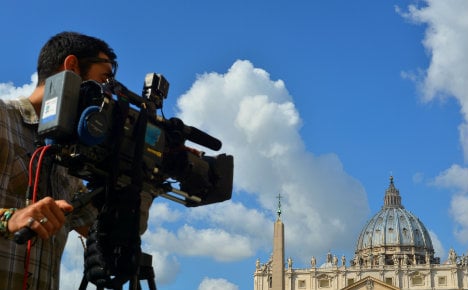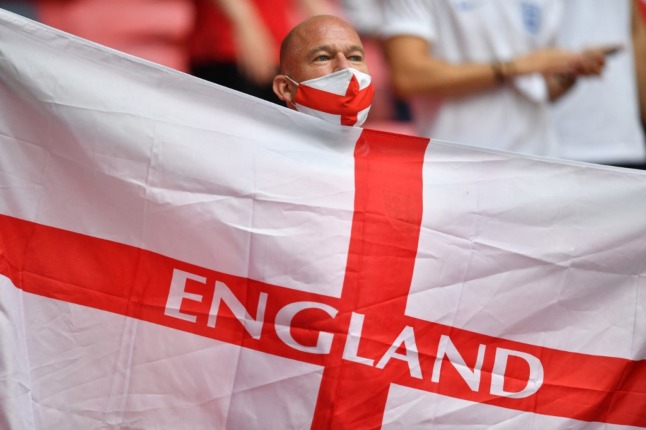In an unusual move that prompted accusations of homophobic censorship, the Italian Conference of Bishops' Film Evaluation Commission classified the film as “not advised, unusable and scabrous (indecent or salacious).”
The Commission listed the film's principal themes – described by critics as love and identity – as drugs and homosexuality.
The result, according to its distributor Teodora Film, was that the film was shunned by the more than 1,100 cinemas which are owned by the Church and make up the bulk of Italy's network of independent/arthouse theatres.
The country's official film board approved Haigh's Nottingham-set drama for audiences over 14.
“I cannot see any other explanation than a problem of homophobia in the Church,” Teodora's president, Cesare Petrillo, told AFP.
“They decided it was unacceptable, that it should be censored and they have used their power to paralyze the distribution.
“Normally a film like this would have been picked up by many of these cinemas. Instead there are whole regions and big cities like Florence, Bergamo and Padova where we have not been able to get it put on. And the only reason for that is that the main characters are gay.”
Made in 2011, “Weekend” was brought to Italy for a cinema release as a result of Haigh's recent success with “45 Years”, for which Charlotte Rampling was nominated for the best actress Oscar.
The latter film, a story about a long-married couple being confronted with an unsettling secret from the past, was enthusiastically endorsed by the Church.
“After the success of '45 Years', it is a terrible shame that so few people get to see “Weekend” and I'm really quite angry about it because there are fundamental values at stake,” said Petrillo.
“For me, 'Weekend' has nothing scandalous about it — it is a story about love.”
Priest censors
The large number of Italian cinemas owned by the Church are a legacy of the days when every parish had its own cinema and local priests controlled projections, regularly cutting sections of films they deemed unsuitable for parishioners.
Most of these cinemas are now rented out to operators who do not have to be religious but do have to sign a contract which, according to Petrillo, includes a clause agreeing to go along with the guidance issued by the bishops.
The Commission evaluates every film released in Italy. Often it will approve a film as “recommended” but signal that it is also “problematic” and might be best viewed in the context of a debate or a discussion on the issues raised.
Recent examples in this category include “The Danish Girl”, a drama about a transgender artist, and Oscar-winner “Spotlight” which deals with clerical sex abuse in Boston and was classified as “complex.”
Only very rarely does the guidance make it clear the Church does not want a film shown at all with the only other recent example being Chilean director Pablo Larrain's “El Club”, in which the main characters are all Catholic priests, including one with a history of sexually abusing children.
The Church's lingering influence in Italian public life was underlined in recent weeks when a bill to legalise gay civil unions was shorn of provisions guaranteeing same-sex couples equal adoption rights to their heterosexual counterparts.
The watering-down of the draft law followed Church lobbying of lawmakers which was sufficiently intense for Prime Minister Matteo Renzi to publicly warn the bishops to stop meddling.
Italy's Union of Atheists, Agnostics and Rationalists said the treatment of “Weekend” was telling. “The influence of the Church means that even niche films like this which deal with issues that are 'uncomfortable' or 'immoral' end up being subject to de facto censorship,” the organisation said on its website.




 Please whitelist us to continue reading.
Please whitelist us to continue reading.
Member comments